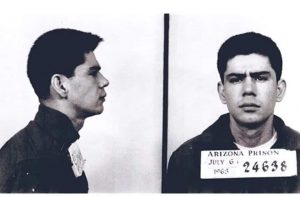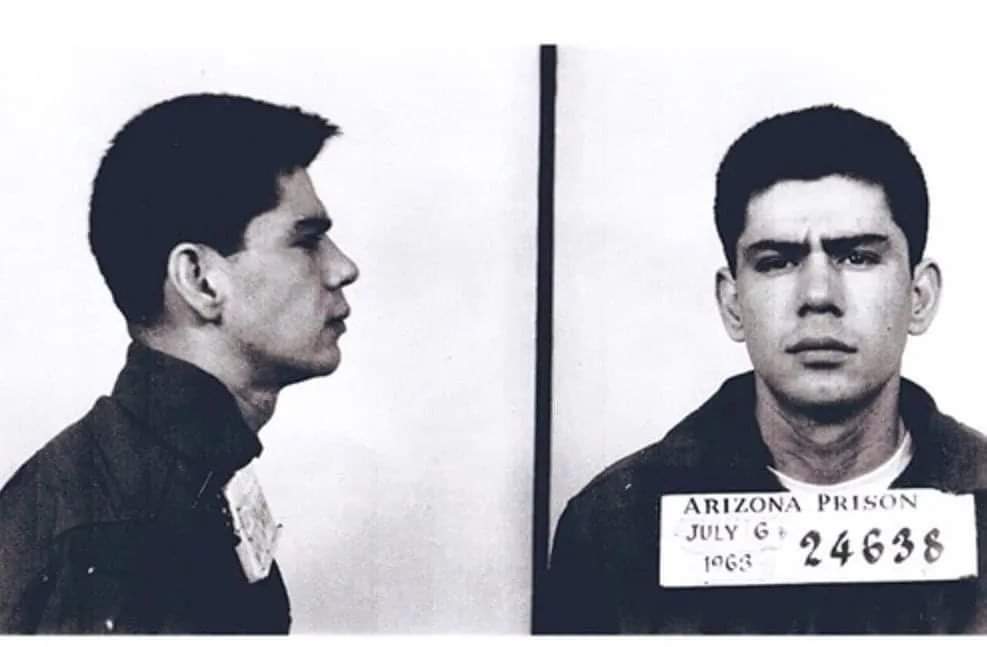On this day: in history (1966), the Supreme Court handed down its decision in Miranda v. Arizona, establishing the Miranda Warning.

The Miranda warning is a type of notification customarily given by police to criminal suspects in police custody (or in a custodial interrogation) advising them of their right to silence; that is, their right to refuse to answer questions or provide information to law enforcement or other officials. These rights are often referred to as “Miranda rights”. The purpose of such notification is to preserve the admissibility of their statements made during custodial interrogation in later criminal proceedings. It’s the principle that all criminal suspects must be advised of their rights before interrogation.
The roots of the Miranda decision go back to 1963, when an 18-year-old Phoenix woman told police that she had been abducted, driven to the desert and raped. Detectives tracking the license plate number of a car that resembled that of her attacker’s brought police to Ernesto Miranda, who had a prior record as a peeping tom. Although the victim did not identify Miranda in a line-up, he was brought into police custody and interrogated. What happened next is disputed, but officers left the interrogation with a confession that Miranda later recanted, unaware that he didn’t have to say anything at all.
The confession was extremely brief and differed in certain respects from the victim’s account of the crime. However, Miranda’s appointed defense attorney (who was paid a grand total of $100) didn’t call any witnesses at the ensuing trial, and Miranda was convicted. While Miranda was in Arizona state prison, the American Civil Liberties Union took up his appeal, claiming that the confession was false and coerced.
The Supreme Court overturned his conviction, but Miranda was retried and convicted in October 1966 anyway, despite the relative lack of evidence against him.
#myhistorydiary #history #arizona #nigeria

Created by Okey Obiabunmo







